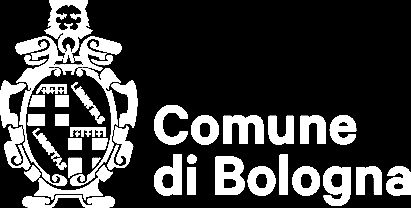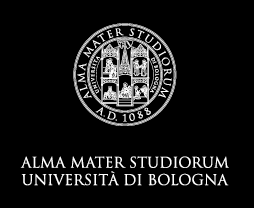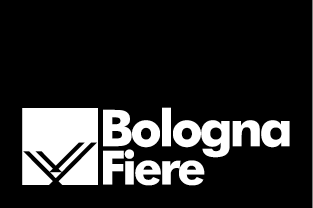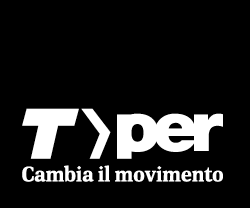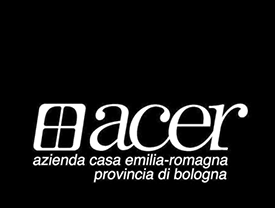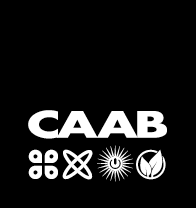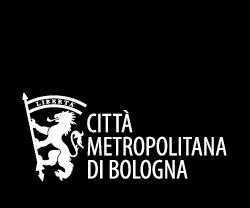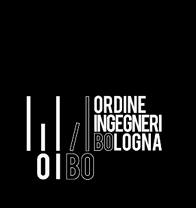Bologna Digital Twin
Bologna’s Digital Twin is a project promoted by the Municipality of Bologna to enhance the public value of data and support innovative decision-making processes.
Bologna’s DT is a dynamic digital model of the urban environment and its functioning, powered by data and information shared by stakeholders and citizens and collected in real-time. Bologna’s DT will provide a new civic infrastructure to improve quality of life and address major challenges of our time, such as climate change and new economic and social trends.
Thanks to a starting investment of 7 million euros from European Cohesion funds and the National Recovery and Resilience Plan, Bologna is one of the pioneering cities for the development of Urban Digital Twin,
Bologna’s Digital Twin is guided by a public R&D consortium composed of:
- Municipality of Bologna (strategic coordinator)
- Bruno Kessler Foundation (technical coordinator and project manager)
- University of Bologna (scientific manager)
- Cineca (technological manager)
- Urban Innovation Foundation (community manager)
The project will be developed in partnership with the City of Barcelona and network with other European cities and represents the Italian pilot project for the national HPC Big Data and Quantum Computing Center, of which our Foundation is a partner.
The objectives of the project
Bologna’s DT is part of Bologna City of Knowledge strategy, which places science, innovation, and knowledge as the main drivers for the city's growth. Bologna’s DT will support decision-making processes through advanced analysis and forecasting functions.
Thanks to Bologna’s DT it will be possible to:
- Intercept the challenges of climate, economic, and social change in urban contexts, introducing decision support functionalities that lead to substantial changes in city governance, mobilizing new stakeholders, and experimenting with new possibilities of social interaction with all urban actors, including citizens.
- Make data and knowledge useful and effective and activate mechanisms of analysis and predictive capacity to respond to the needs of the city and urban communities.
- Promote and facilitate the (co)production of knowledge and understand how it can generate public value and new economies in the territory.
Democratic use of data and ethical dimension
Bologna's DT will foster research and policy efforts to design new models for democratic data governance and ethical use of new technologies. The project will ensure compliance with EU and national regulations regarding privacy and protection of natural persons, along with the adoption of ethical-legal principles in line with the latest European legislation, and mechanisms to enhance the civic impact of the project.
The legal and ethical challenges that Bologna’s Digital Twin will face concern, in particular, two key elements of the project:
- the algorithms used in Machine Learning (ML) systems and Artificial Intelligence (AI),
- the data governance and processes feeding algorithms.
Particular attention will be paid to the conditions defined by current legislation and under definition on data exchange and sharing with third parties. The project also recognizes the need to facilitate the development of AI systems that are in line with European social and ethical values in conformity with the principles set out by the Ethics Guidelines for Trustworthy Artificial Intelligence of the European Commission's Independent High-Level Expert Group on AI of 2019 and contributes directly to the fight against gender stereotypes in line with the EU Gender Equality Strategy.
First use cases
Bologna’s Digital Twin will be developed testing its processes and technologies starting from three different policy domains: mobility, energy, and urban planning, which are the most challenging issues for all urban areas today.
- Mobility:
Supporting the city in the challenges that will transform urban mobility (30 km/h city, trams, cycle lanes). Enhancing data assets: data integration and access; advanced analysis; and new data sources from partner companies. - Energy:
Analyzing the energy response of the city's building stock and supporting sustainability assessments. Simulating the impact of new projects in urban plans, design alternatives, policies, and incentives. - Urban planning:
The digital twin is increasingly identified as a useful tool to improve urban planning tools (e.g. Neighbourhood Plan) and to support the municipality in managing emergencies (e.g. Garisenda Tower). - Climate change:
Following the flooding emergency that hit Bologna and Emilia-Romagna, Bologna’s DT will also focus on a use case related to climate change and hydrogeological instability.
Fondazione Innovazione Urbana role
In the process of developing Bologna’s DT, the Foundation will be responsible of the relationship between the Digital Twin and urban stakeholders and citizens.
In particular, the Foundation will focus its effort on two main objectives:
- to integrate stakeholders' and citizens' needs in the DT functioning and in synergy with the proximity activities that the Foundation carries out in Bologna’s districts;
- to contribute to the definition of an open-knowledge model for DT development, stimulating and experimenting with new forms of civic participation.
Fondazione Innovazione Urbana started a cultural reflection on Urban DT in 2021, supporting the first Bologna’s DT design. In the following videos, you can find some of the events organized by the Foundation.
- Verso un Gemello Digitale di Bologna. Public dialogue on digital twins for cities, first part || second part - 29 march 2021
- Verso un Gemello Digitale di Bologna. Transizione digitale e sfide urbane globali - 13 april 2021



